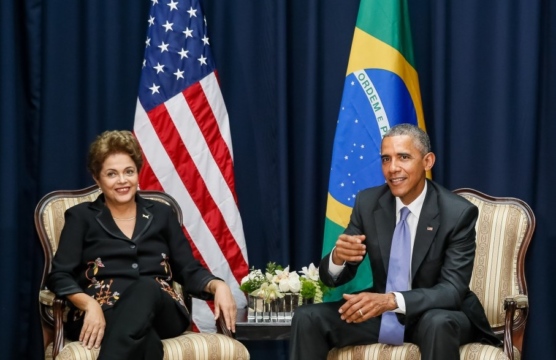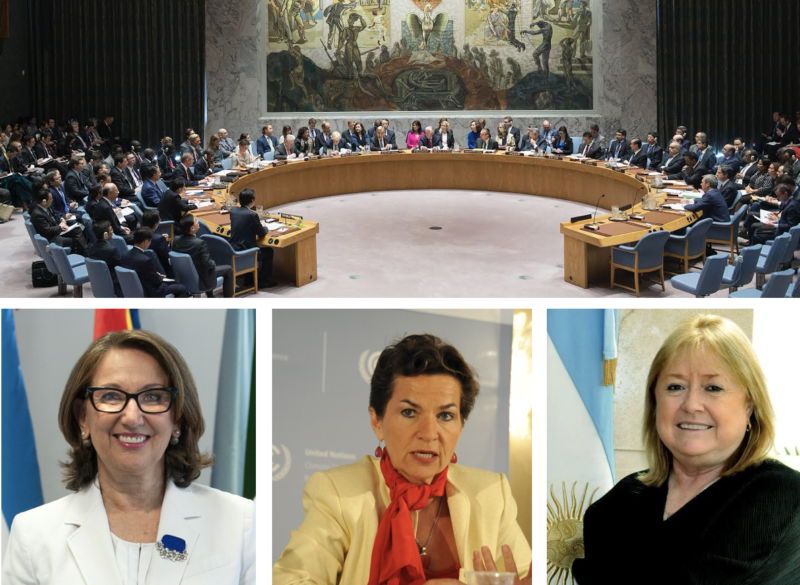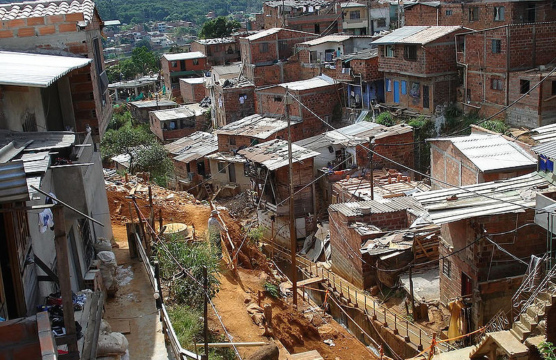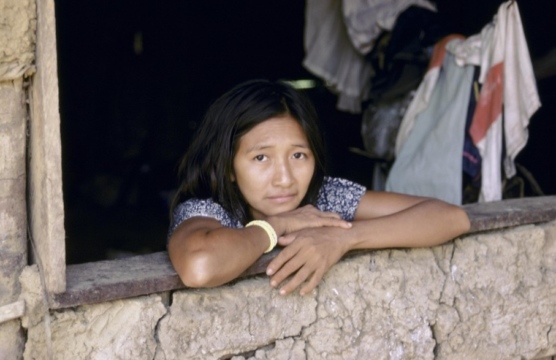
The Future of US-Brazil Relations
Can the US and Brazil rise above their differences and find reasons to cooperate more effectively?
On April 9, members of the "Group of Women Leaders, Voices for Change and Inclusion" called on the United Nations Security Council (UNSC) to address the Covid-19 crisis. In the electronically signed letter addressed to the UNSC President José Singer Weisinger, a group of global women leaders urge the United Nations to take immediate action to protect the most vulnerable groups affected by the pandemic. Amongst the notable signatories are Dialogue members Christiana Figueres, Rebeca Grynspan, and Susana Malcorra.
The coronavirus pandemic "is the greatest peacetime challenge that the United Nations and humanity as a whole has ever faced," notes the letter. It states that "apart from the devastating human consequences of the Covid-19 epidemic, the economic uncertainty it sparked, will cost the global economy USD$1 trillion in 2020." The groups that will be worst affected will be developing countries and the most vulnerable populations among them. The virus is already "affecting millions of refugees, displaced persons, and people in conflict-affected areas."
Signatories call on the United Nations Security Council to declare this pandemic as a threat to international peace and security. "The threat is global and needs a global response," it notes, "in humanity’s recent history, there has never been a moment when global action and coordination are vital for lives of people and for peace."
Can the US and Brazil rise above their differences and find reasons to cooperate more effectively?
How useful are the MDG’s broad targets as measurements of progress in the region?
With regional growth expected to be relatively low this year, will efforts at poverty reduction remain stalled?
 All Photos: Wikimedia Commons
All Photos: Wikimedia Commons

